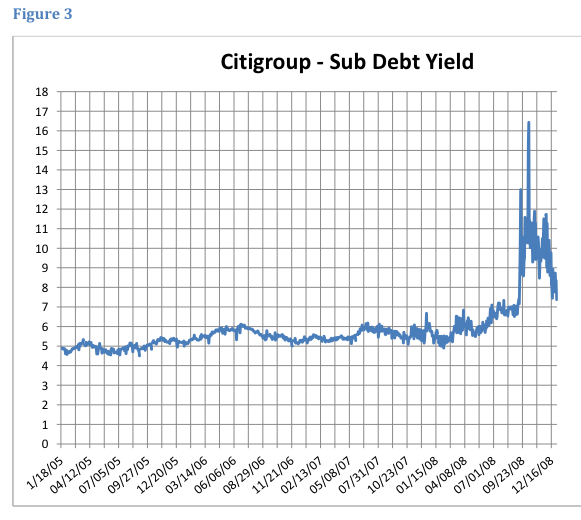By James Kwak
The Wall Street Journal has a profile up on Mike Crapo and Jeb Hensarling, the key committee chairs (likely in Crapo’s case) who will repeal or rewrite the Dodd-Frank Wall Street Reform and Consumer Protection Act. It’s clear that both are planning to roll back or dilute many of the provisions of Dodd-Frank, particularly those that protect consumers from toxic financial products and those that impose restrictions on banks (which, together, make up most of the act).
Hensarling is about as clear a proponent of economism—the belief that the world operates exactly as described in Economics 101 models—as you’re likely to find. He majored in economics at Texas A&M, where one of his professors was none other than Phil Gramm. Hensarling described his college exposure to economics this way:
“Even though I had grown up as a Republican, I didn’t know why I was a Republican until I studied economics. I suddenly saw how free-market economics provided the maximum good to the maximum number, and I became convinced that if I had an opportunity, I’d like to serve in public office and further the cause of the free market.”
Continue reading “Jeb Hensarling and the Allure of Economism”
